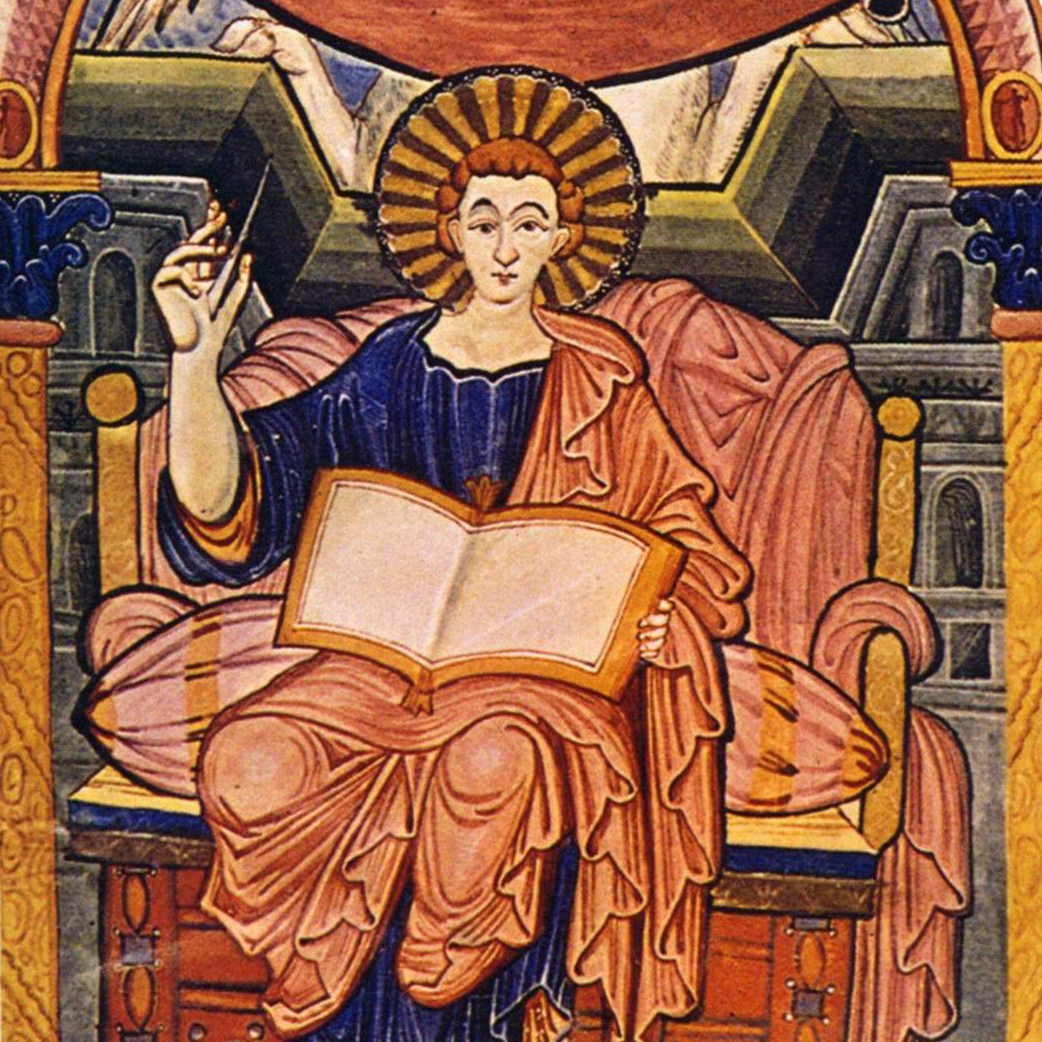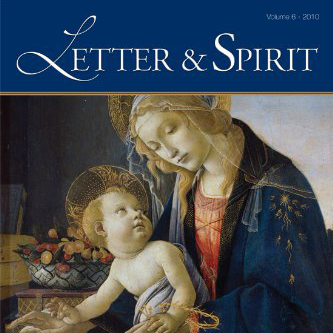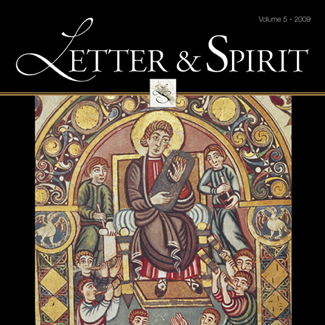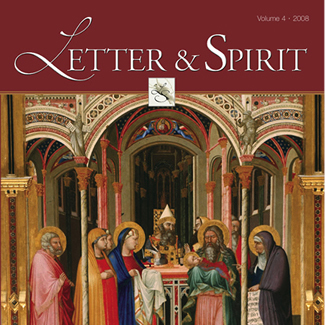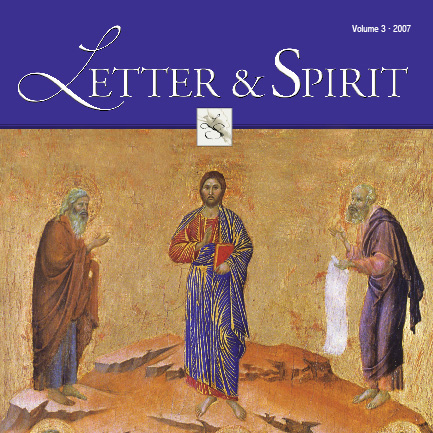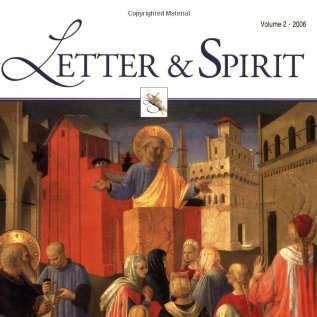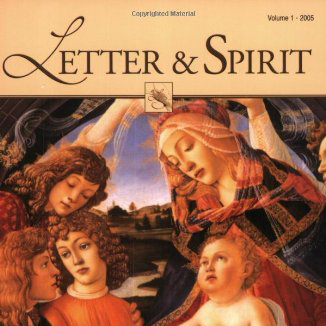scripture & spirituality
Short Studies on the Sunday Mass Readings
Biblical reflections on the Scriptures heard in the Sunday Eucharistic liturgy. Written with Scott Hahn for the St. Paul Center for Biblical Theology. Updated weekly.
Writings in Academic Biblical Theology
Letter & Spirit, Vol. 6 (2010): For the Sake of Our Salvation
From the Editor’s Introduction: “The widespread erosion in the assumption that Scripture is the true Word of God forms the broader context for the articles and studies in this volume of Letter & Spirit. As we see it, the work we present in these pages is no ivory tower exercise. It is no exaggeration to say that at stake in this discussion is the future of the identity of the Church and the mission of the Word incarnate. If the Scriptures cannot be trusted to communicate the truth about God and his saving message, if they do not bring us to the encounter with the living God who speaks his Word, then it must be asked: what is the meaning and purpose of the Church?”
Letter & Spirit, vol. 5 (2009): Liturgy and Empire
From the Editors’ Introduction: “The cry of the early North African martyr: Deus major est quam imperatore— ‘God is greater than the emperor’ —points to some of the larger issues and themes of political theology that we take up in this volume of Letter & Spirit.” Read the Introduction and Reviews of academic titles in biblical theology.
Letter & Spirit, vol. 4 (2008): Temple and Contemplation
From the Editors’ Introduction: “The Temple theme is perhaps the richest in all of biblical theology, embracing the mysteries of Christ, Church, and Kingdom; liturgy, sacraments, and priesthood; salvation, sanctification, and divine filiation.” Read the Introduction and Reviews of academic titles in biblical theology.
Letter & Spirit, vol. 3 (2007): The Hermeneutic of Continuity
From the Editors’ Introduction: “A hermeneutic of continuity is needed both to understand and to enter into the sacred mysteries of our salvation. The portrait of Christ in the gospels—as the new Adam, the new Moses, the new Temple, the new David, and the like—bears the imprint of his own preaching.” Read the Introduction and Reviews of academic titles in biblical theology.
Letter & Spirit, Vol. 2 (2006): The Authority of Mystery
From the Editor’s Introduction: “The authority of mystery is a phrase used by Pope Benedict XVI to describe the power of the divine liturgy. For us, it is also a good way to understand the broader relationship between the Word of God and the people of God, the Church. The Church is born under the authority of mystery. It bears witness to the mystery of the incarnation, the mystery of the Word of God made flesh. This Word, Jesus Christ, discloses the face of the Father and the mystery of his will, the plan of the mystery hidden for all ages.
The mystery of God is his loving plan of salvation—to share his life with his people by means of a new covenant, making them divine sons and daughters in his Church, the kingdom of God. This mystery forms the content of the canon of sacred Scripture. The Bible narrates the slow unfolding of the mystery in history, culminating in the paschal mystery—the passion, death, and resurrection of Christ. This mystery is remembered and celebrated through scriptural words and signs in the Church’s liturgy. And this mystery is the source and purpose of the sacred mysteries.”
Letter & Spirit, Vol. 1 (2005): Reading Salvation
From the Editors’ Introduction: “With this new journal we hope to foster a deeper conversation about the Bible—what it is and where it comes from; how we should read it; and what claim it should make on our lives, on the teaching and practice of the Church, on the world we live in.
We realize that wildly divergent answers to these questions have long been afoot in our churches, seminaries, and academies. Some have gone so far as to describe a “crisis” in contemporary understanding of the Bible. Indeed, we would suggest that a failure to think straight about the Bible risks confounding our worship, confusing our doctrine and morals, and rendering uncertain the Church’s witness to the culture and to other believers.”
